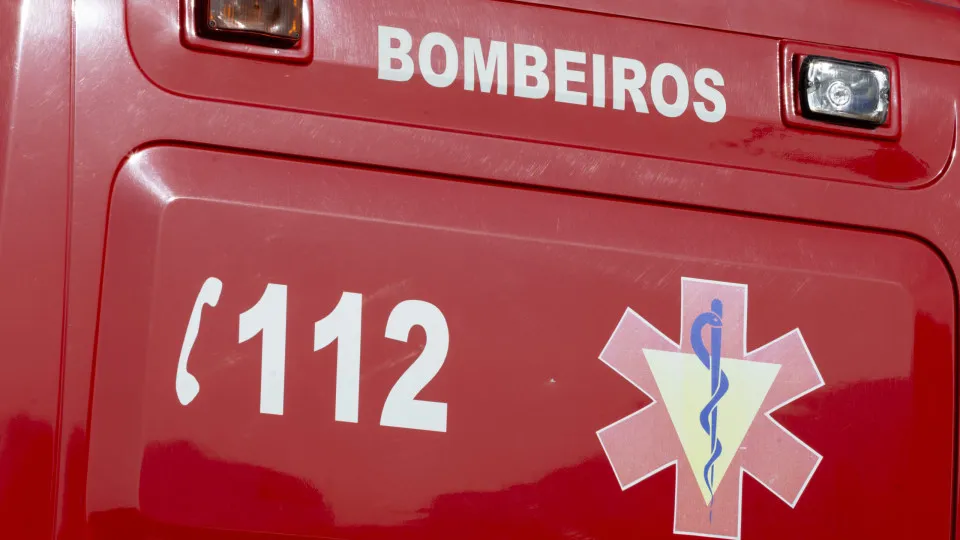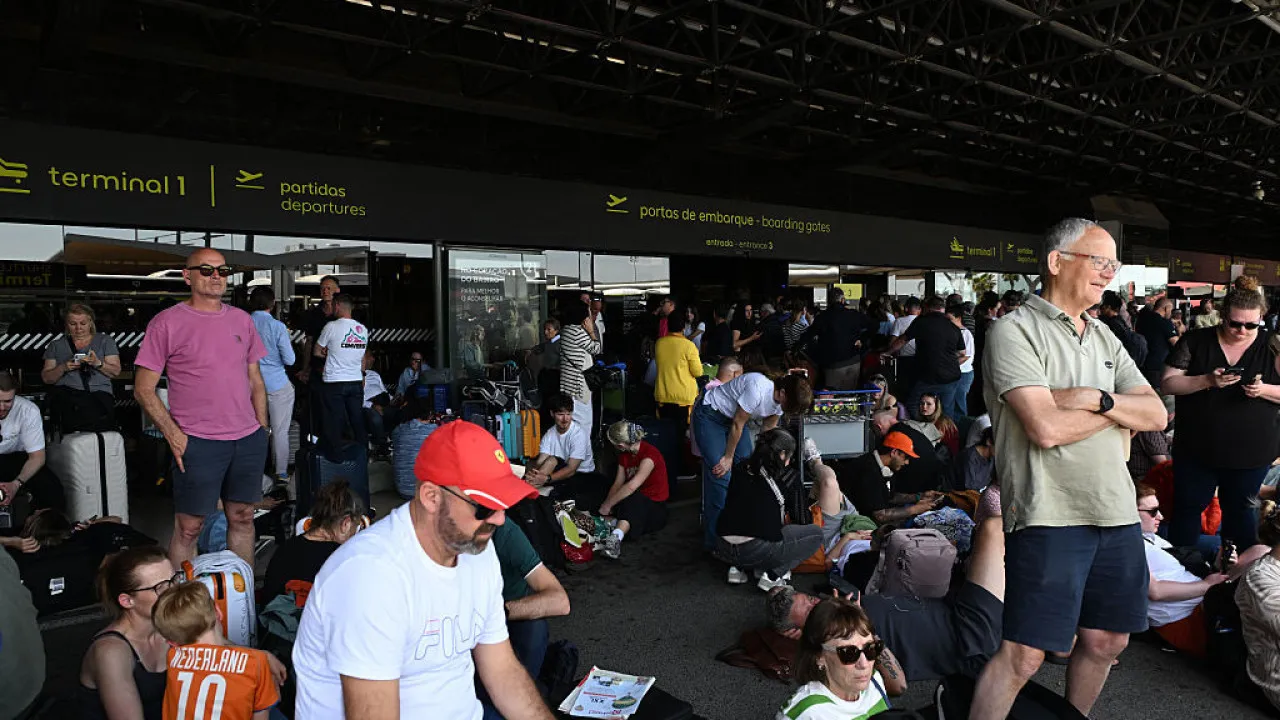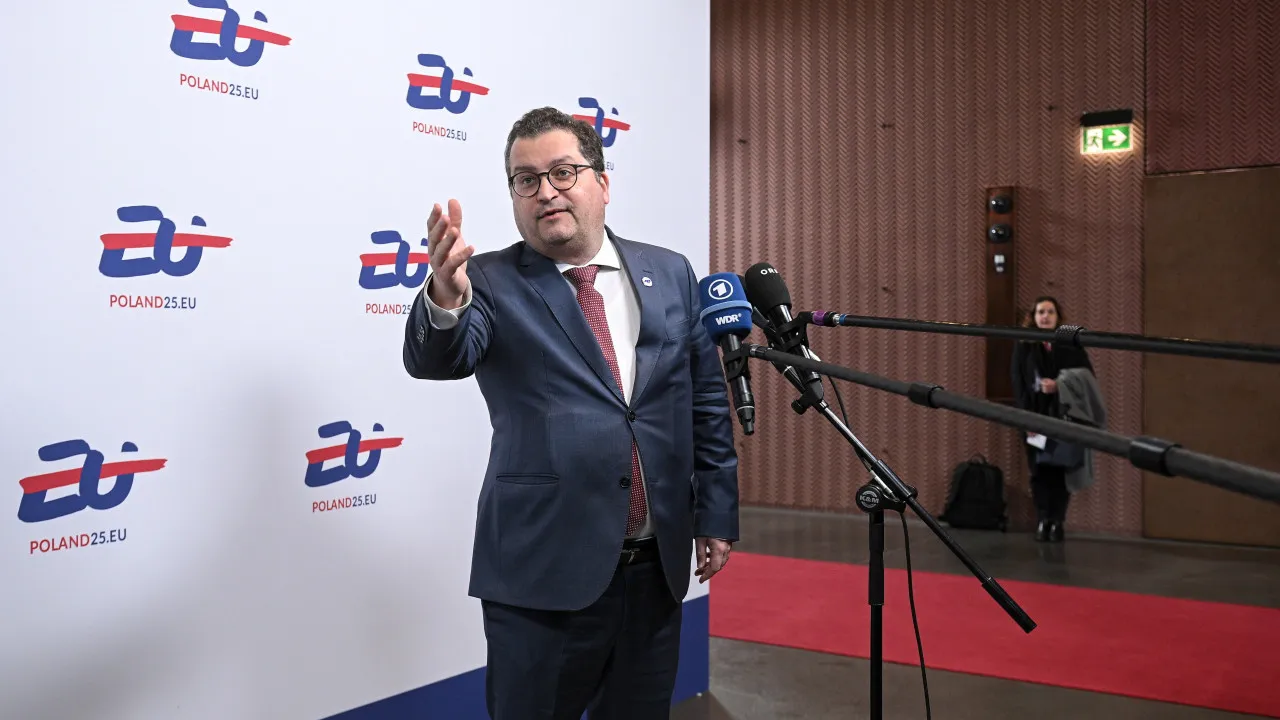The largest pan-European field hospital, comprising seven European Union (EU) countries and Turkey, was unveiled today in Cascais, Lisbon, and may be activated during firefighting in Portugal as of 2024.
“There is the concern that – as has happened in previous years – we may have to resort to this European mechanism for civil protection, which allows Portugal, effectively, has the solidarity of other European countries and thus (…) can implement on the ground a more robust response capacity,” said the president of the National Medical Emergency Institute (INEM), Luis Meira to PP.
The EU has directly allocated 106 million euros for the consortium, which covers Belgium, France, Germany, Italy, Luxembourg, Portugal, Romania and Turkey, to improve the European civil protection mechanism for medical emergencies following major natural or man-made disasters.
According to Luís Meira, Portugal has recently shown a “spirit of solidarity” and the INEM has anticipated joint missions that provide support to other countries.
“The countries’ response capacity is not sufficient to respond to situations that often do not respect the countries’ borders and, therefore, being part of this project is fundamental for Portugal, because we are contributing to a spirit of solidarity and cooperation with other European countries that have agreed to be part of this consortium,” he stressed.
Contributing to strengthen the EU and Portugal’s response capacity in the face of “violent scenarios,” Luís Meira explained that the EMT (Emergency Medical Team) that the INEM has been certified by the World Health Organization (WHO) since 2018 “is an excellent example.”
“We were certified at that time and within a few days we were on the ground supporting Mozambique because of cyclone Idai. That’s the best example,” he recalled, adding that “probably by 2024 we will start to see the first realizations of this project on the ground.
“Portugal will have access, through the INEM, to about 6.7 million euros for specific funding for two of the capabilities that will be assigned. In addition to the EMT, we will have a cell specialized in transport and another cell specialized in oxygen production that (…) will offer a response and create the possibility of having (…) one of the largest field hospitals that can intervene on the ground worldwide,” he said.
The head of the WHO’s network of emergency medical teams, Flavio Salio, said that the consortium was created to “strengthen national capacity and unite countries” to maximize the civil protection service.
“The expectation is that countries will strengthen their capacity to respond in domestic emergencies and then come together for a joint response,” he said.
The European Commission’s Director of Emergency Management, Hans Das, meanwhile, explained that the rescEU EMT project is expected to be “the largest field hospital in the world.”
“In practice, this field hospital should be operational by mid-2024, being part of the rescue mechanism and a strategic point that we are developing at the European level,” he said.
According to Hans Das, the field hospital will strengthen the countries’ emergency teams during natural disaster or pandemic situations.
“We are announcing the allocation of 106 million euros from the [EU] Civil Protection budget for this emergency medical team (…), which is part of a broader effort. We are also investing in doctors (…) and other types of mechanisms with a budget of 02 billion euros,” he said.
Hans Das also recalled that, “with climate change, (…) there will be more natural disasters in the world, including floods, droughts, and fires,” stressing that the field hospital “is very much needed.”
For his part, the Secretary of State of Romania’s Interior Ministry, Raed Arafat, indicated that this concept had already been tested in his country in 2018, also with EU support.
“We saw that it is possible to work together, it is possible to create a strong [reaction] capacity with several countries. (…) In the pandemic, four field hospitals operated in Romania alone, three with military and one with Civil Protection. We saw its impact when we had distressing situations with many patients and no space for them,” he noted.
Considering the field hospital indispensable, Raed Arafat said that Romania has learned a lot from the pandemic to receiving refugees because of the war in Ukraine.
The project will consist of three emergency medical type 2 (EMT2) teams and will be able to provide urgent medical care, including surgical capability, 24 hours a day.
There will also be 17 specialized teams in the areas of Intensive Care, treatment of burn patients, advanced diagnostics, maternal and child support, orthopedic treatment, rehabilitation, patient transport, laboratory support, and telecommunications.








